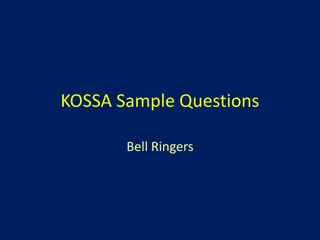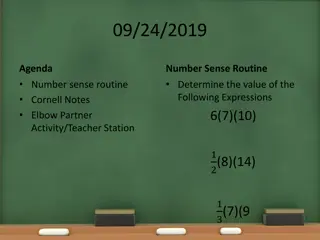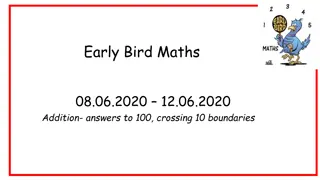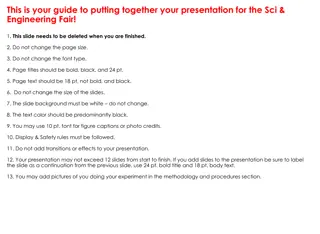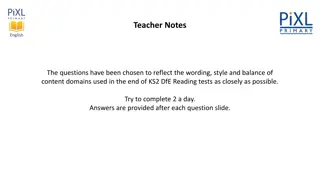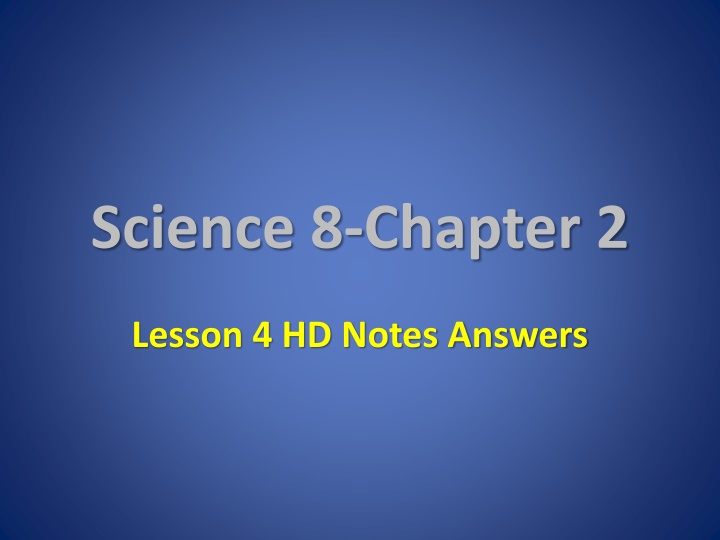
Momentum and Force Pairs in Physics
Explore the concept of force pairs and momentum in collisions with examples of bat and ball interactions. Learn about the total momentum of colliding balls and why a bowling ball is harder to stop than a tennis ball when rolling at the same speed.
Download Presentation

Please find below an Image/Link to download the presentation.
The content on the website is provided AS IS for your information and personal use only. It may not be sold, licensed, or shared on other websites without obtaining consent from the author. If you encounter any issues during the download, it is possible that the publisher has removed the file from their server.
You are allowed to download the files provided on this website for personal or commercial use, subject to the condition that they are used lawfully. All files are the property of their respective owners.
The content on the website is provided AS IS for your information and personal use only. It may not be sold, licensed, or shared on other websites without obtaining consent from the author.
E N D
Presentation Transcript
Science 8-Chapter 2 Lesson 4 HD Notes Answers
The force of a bat on a ball and the force of a ball on a bat are a(n) ____________________.
The force of a bat on a ball and the force of a ball on a bat are a(n) force pair.
A ball with momentum 16 kg m/s strikes a ball at rest. What is the total momentum of both balls after the collision? A. - 16 kg m/s B. - 8 kg m/s C. 8 kg m/s D. 16 kg m/s
A ball with momentum 16 kg m/s strikes a ball at rest. What is the total momentum of both balls after the collision? A. - 16 kg m/s B. - 8 kg m/s C. 8 kg m/s D. 16 kg m/s
#4 If a tennis ball and a bowling ball are rolling at the same speed, which ball is harder to stop. Explain why. The bowling ball The bowling ball has more mass.








